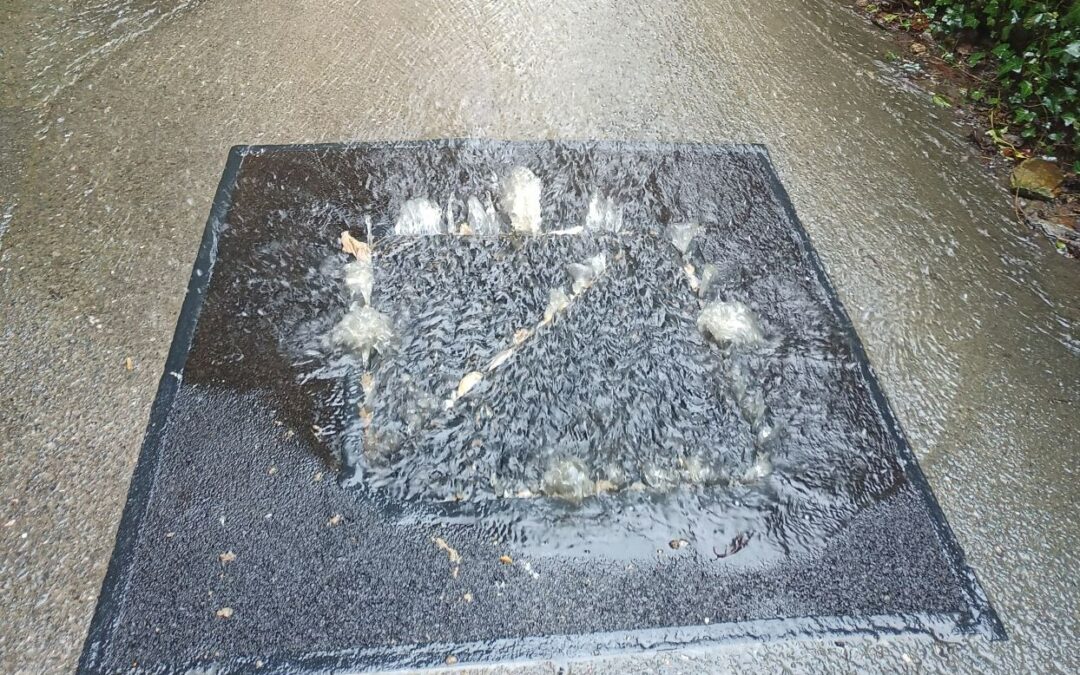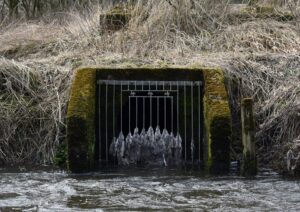FRIDAY 31 March saw the Environment Agency (EA) release the latest water companies’ annual data on storm overflow spills.
Event Duration Monitoring
This Event Duration Monitoring (EDM) information is sent by water and sewerage companies to the EA as part of their regulatory Annual Return. It fulfils their permitted conditions to discharge from storm overflows under the Environmental Permitting Regulations.
But even though the data for 2022 shows a reduction in spills, the EA has come down hard on any water company claiming this is likely to be due to action they have taken. The EA states it is “confident that water company action has not significantly contributed to the reduction in flows overall – for them to claim otherwise is wilfully misleading”.
It is good to see an increase in the number of monitors, with more than 91% (13,323) of England’s 14,580 storm overflows now covered and a target of 100% for all water companies by 31 December 2023. However, the EA is considering whether any action is required under its Enforcement and Sanctions Policy as spills being allowed on the sewerage network is still “far too high and totally unacceptable”.
- The EA’s Chief Executive John Curtin via Twitter on 1 April said: “…The reduction last year was due to dry weather not the improvements we need to see implemented. Watch out for a number of Government announcements on water this week – our job is to make it happen.”
It is indeed the regulator’s job to make it happen – whatever the upcoming government announcements will be – although it is likely Environment Secretary Thérèse Coffey as part of an Integrated Plan for Water (due to be shared tomorrow) will confirm proposals for high-level fines go to a Water Restoration Fund (rather than the Treasury as now) and a consultation on the EA’s powers to apply sanctions without going to court.
Coffey has said any high-level fines will be “taken from water company profits, not customers” and will be “channelled directly back into rivers, lakes and streams where it is needed”.
Water Restoration Fund
The Water Restoration Fund should support local groups, including charities such as ours, in collaborating with councils, farmers and others to address the most significant challenges facing local freshwater environments. The aim will be to improve management of these vital habitats while restoring and protecting them. This could include work to create new habitats, tackle problem species and ‘rewiggle’ rivers to help improve water quality and biodiversity.
But for us, it’s good to hear the Environment Secretary acknowledging the efforts of community-led projects improving rivers and a desire to “build on this success”.
Our comment
Our CEO Dr Laurence Couldrick said: “The past few years have seen a huge growth in the public interest in healthy rivers.
“This, and the work of volunteers such as our Westcountry CSI citizen scientists, plus stronger regulation and considered water resource planning can only help us support our vital freshwater habitats.
“We will be waiting and watching to find out more about funding, regulation, and how community-led schemes will be underpinned to keep bringing rivers to life.”
The EA has a statutory duty under the Environment Act 2021 to publish EDM data for water and sewerage companies operating wholly or mainly in England before 1 April each year.
Find out more about EDM results at environment.data.gov.uk/dataset/21e15f12-0df8-4bfc-b763-45226c16a8ac
Rivers Trust map
The Rivers Trust is also updating its Sewage Map for England and Wales by Thursday 6 April. Click the link to learn more about local sewage issues.
Infrastructure investment
News today (3 April) sees Ofwat and the government announce in draft more than £1.6 billion of new investment to support infrastructure to improve the water quality of our rivers, lakes and coastal waters and secure future water supplies. This includes South West Water spending £70 million to upgrade assets and storage to reduce discharges in Falmouth and Sidmouth.
You can see the infrastructure consultation, open until 24 April, at: ofwat.gov.uk/consultation/accelerated-infrastructure-delivery-project-draft-decisions/


